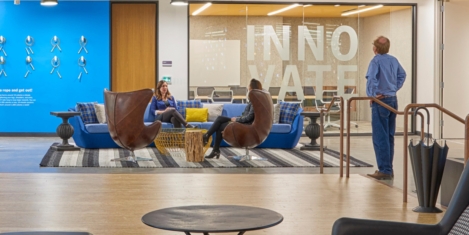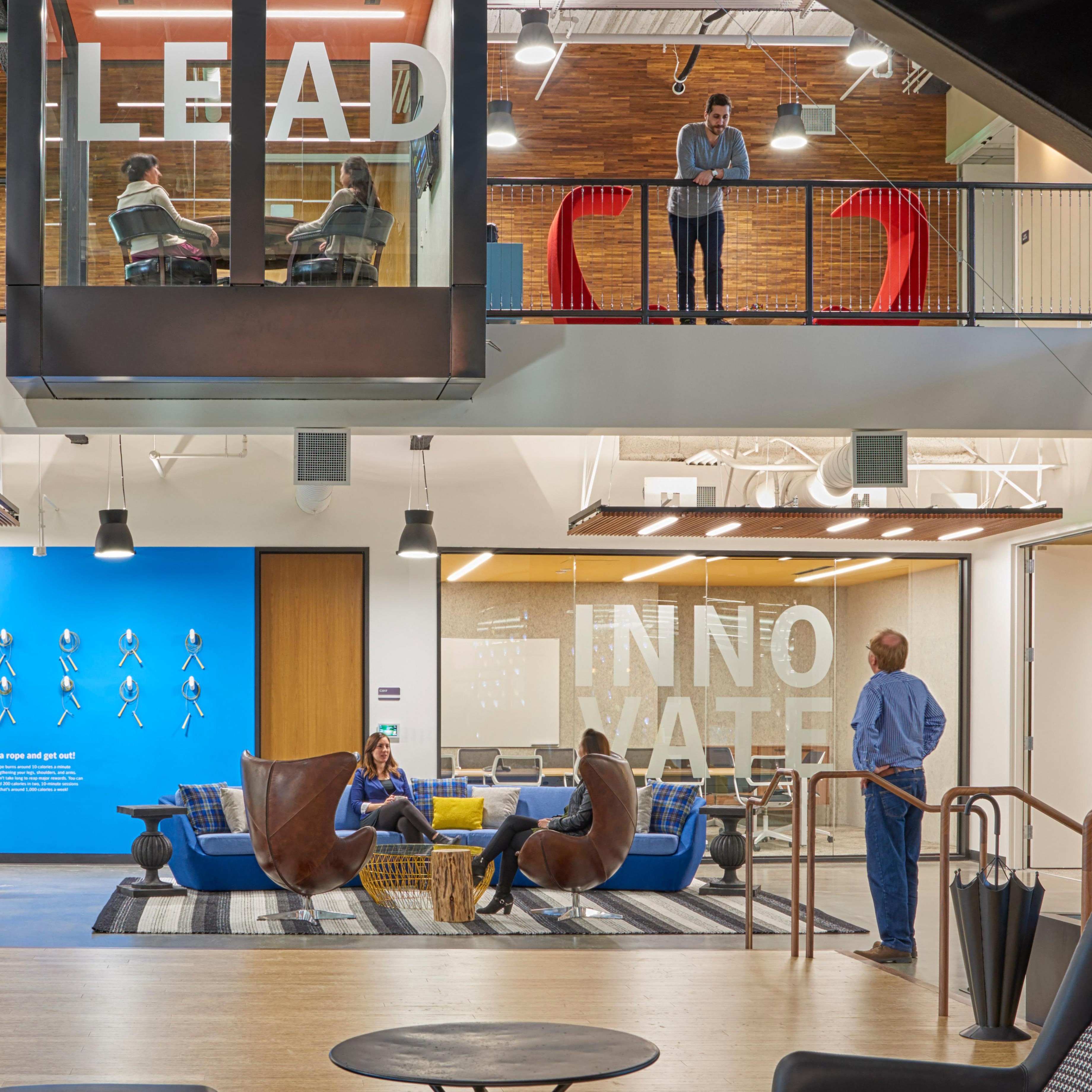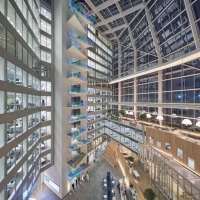January 6, 2020
Executive pay at major firms will today exceed entire 2020 pay for average worker
 The average FTSE 100 boss will have already earned as much by 5pm today as a typical employee will take home this entire year. According to the analysis from the CIPD and the High Pay Centre, those leading Britain’s biggest companies earn 117 times more than the average worker. The CIPD and High Pay Centre are calling on businesses not to treat the new reporting requirements on executive pay as a ‘tick-box’ exercise and to use it as an opportunity to fully explain CEO pay levels. They also highlight the need for firms to provide a clear rationale for why CEOs are paid what they are and what is being done to address the issue of fair pay in their organisation more broadly. They consider this an important step to help build trust in business amongst employees, wider stakeholders and society. (more…)
The average FTSE 100 boss will have already earned as much by 5pm today as a typical employee will take home this entire year. According to the analysis from the CIPD and the High Pay Centre, those leading Britain’s biggest companies earn 117 times more than the average worker. The CIPD and High Pay Centre are calling on businesses not to treat the new reporting requirements on executive pay as a ‘tick-box’ exercise and to use it as an opportunity to fully explain CEO pay levels. They also highlight the need for firms to provide a clear rationale for why CEOs are paid what they are and what is being done to address the issue of fair pay in their organisation more broadly. They consider this an important step to help build trust in business amongst employees, wider stakeholders and society. (more…)





































January 2, 2020
Personality is not only about who you are but also where you are
by Dorsa Amir • Comment